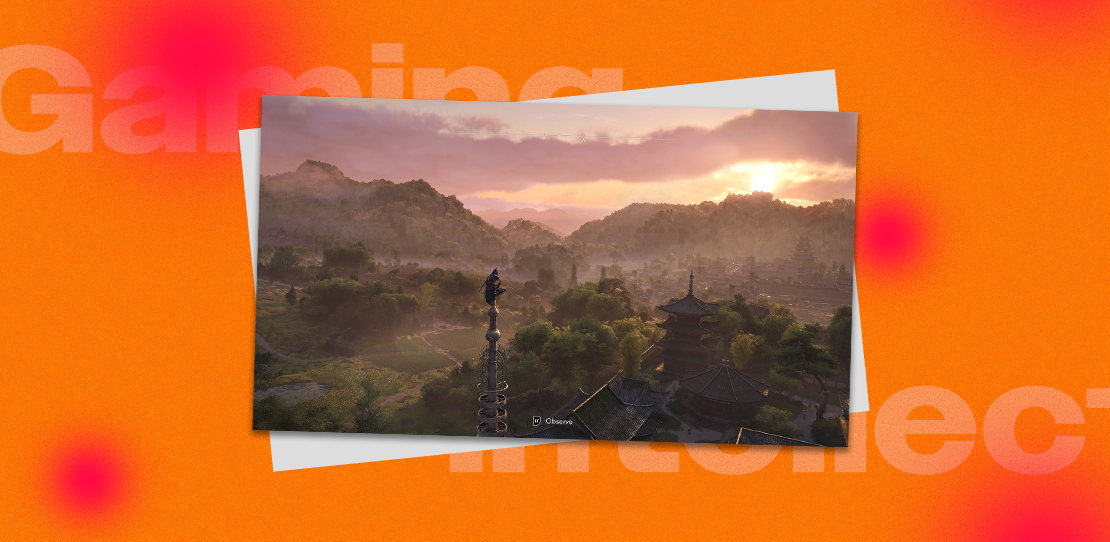The Gift and Curse of Working on “Established” IPs
You can’t win ‘em all.
July 27, 2025 / by Louigi Balao / 3 mins read

It is hard to stand out in the overly saturated game market—it is great for gamers, but for devs, it is almost like hell. So for something to take off, it has to be good right away, but this isn’t precisely the case for established titles.
From Steam Official Website
There’s always a double-edged sword hanging over developers' heads when it comes to established gaming franchises. Take Assassin’s Creed Shadows, for instance. As the next installment in Ubisoft’s long-running series, it’s already attracting attention—but not all of it is positive. Some longtime fans argue that earlier games in the franchise felt more immersive and impactful, while others believe the series has evolved for the better with technological advancements. Some are complaining about some creative decisions they have made.
The truth? Every side has a point.
From Pudgy Penguin Official GIPHY
The gift of working on an established IP lies in its built-in recognition. As stated before, it would take years to develop it. A franchise like Assassin’s Creed carries the weight of history, lore, parkour, and a loyal audience eager for the next game. Developers don’t have to start from scratch when building hype—every announcement or leak grabs immediate attention. Additionally, technological advancements allow developers to create richer, more immersive worlds than ever before. Modern hardware supports larger maps, better AI NPCs, and increasingly detailed environments that older entries in the series simply couldn’t handle.
If only my PC could keep up. Anyways.
From Steam Official Website
But here’s where the curse comes in: expectations. When a franchise like Assassin’s Creed has been around for over a decade, every new release is burdened with the weight of its predecessors. Nostalgia plays a huge role in how fans perceive newer entries. Earlier games like Assassin’s Creed II were groundbreaking at the time because they pushed the boundaries of what open-world gaming could be. Today, those same mechanics might feel outdated, but they’re remembered fondly because of the emotional experiences they provoked.
This challenge isn’t unique to Ubisoft, though. Look at The Legend of Zelda: Tears of the Kingdom. As a sequel to the highly acclaimed Breath of the Wild, it had the gift of a solid foundation but also faced enormous pressure to innovate without alienating fans. Nintendo, thankfully and in my humble opinion, managed to strike a balance by enhancing familiar mechanics while introducing fresh gameplay elements—something that’s easier said than done for most developers working with established IPs.
From Blown Away Official GIPHY
The true challenge of working on an established IP is balancing innovation with familiarity. Developers have to respect what made the franchise great while also pushing the boundaries of what’s possible with modern technology. Reread the previous statement because I feel like that goal has been lost.
It has to respect what made the franchise great in the first place. Big companies like Ubisoft, EA, and Blizzard churn out meager games, which makes me wonder what is going through their heads. I may not know from a business standpoint, but I am speaking as a gaming consumer.
Speaking of consumers, everyone has a mobile device in today’s age. If you want to charge three birds with one device, you can check out the Promate PowerUp-Trio, which is both small and innovatively unique for the person on the go. Check out the latest and greatest only at the Next Upgrade Shop.




